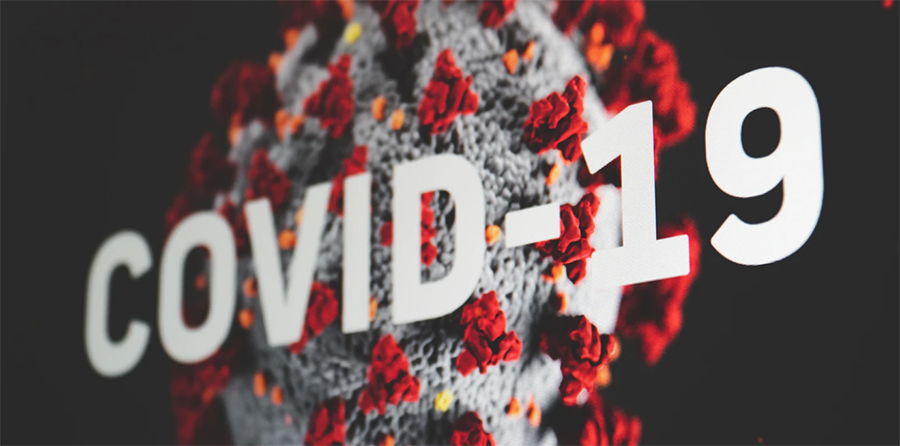
Workers compensation insurance exists because there is always the risk of an employee becoming ill or injured at work. Here’s how it works in simplest terms: in order to provide coverage and benefits to an employee in the event of an illness or injury “arising out of and occurring in the course of their employment”, the employer pays insurance premiums for a workers’ compensation insurance policy.
Although “employee restitution” measures have been in effect in the US as early as 1871, these laws have evolved significantly over the last 150 years. Modern “workers compensation” insurance has now replaced civil court proceedings as a faster, less costly, and more effective way of compensating employees for work-related illnesses and injuries.
Workers’ compensation cases have been fairly clear-cut until very recently. For example, if you are a lineman working on an overhead cable, and you fall and get a concussion in the process, clearly this injury “(arose) out of and (occurred) in the course of [your] employment” and that you are most likely entitled to worker’s compensation. However, if you are essential employee who has worked onsite during the pandemic who tests positive for COVID-19, confirming the way you became ill is far less clear. Figuring out whether you came in contact with the coronavirus as a result of working during the pandemic is a question that is at the core of whether you are entitled to workers compensation in these circumstances.
The insurance system is just one of the many areas of professional and personal life that need reimagining in light of the global pandemic. What should workers’ compensation insurance look like now so that premiums paid by businesses don’t skyrocket, adding further financial stress on companies already under serious strain. How can these policies provide benefits to affected employees when they need them most?
In considering modifications to the workers’ compensation system, governors and municipal leadership must balance the best interests of business, employees, and the public. Some states, including California, have reduced the barriers to obtaining workers’ compensation for essential workers who contract COVID-19 by creating a “rebuttable presumption” that the infection occurred at work. A rebuttable presumption takes the traditional burden of proof off of workers to establish that an illness or injury is work-related. Other states are considering COVID-19 relative to workers compensation using a variety of approaches, with many issuing executive orders, enacting legislation, or deferring action altogether.
As you might imagine, business lobbyists and other advocacy groups are typically opposed to these changes, including the enactment of rebuttable presumptions—even in limited circumstances. For example, the Illinois Workers Compensation Agency repealed a rule that would have presumed that all COVID-19 illnesses affecting essential workers to be work-related after a court struck down the rule.
In the absence of an outbreak at the workplace or other compelling evidence, it is difficult to prove if, when, and how an individual was exposed to COVID-19 at work rather than someplace else. The fact that individuals may be asymptomatic for up to two weeks following exposure makes it particularly challenging to determine the source of the exposure.
Workers’ compensation was created as a “no-fault” system. This means that employees can recover for work-related injuries and illnesses even if the incident resulted from the employee’s negligence or carelessness. Because workers’ compensation benefits are the only means of redress for job-related illnesses and injuries, employers can use this in their defense should an employee try to sue them for damages outside the workers’ compensation system.
Most state laws provide for narrow exceptions, including when the employer intentionally caused harm to the employee. Attorneys for plaintiffs filing wrongful death lawsuits due to COVID-19 are arguing that these individuals’ employers engaged in intentional conduct that led to COVID-19 exposure at work. Certain business advocacy groups are lobbying for immunity from such lawsuits for employers, although no decisions to establish precedents have been forthcoming yet.
If you think you may be at risk of not being covered by your workers’ compensation insurance policy for a COVID-19 related illness or injury, seek professional representation. The laws are changing rapidly — it makes sense to have an experienced workers’ comp attorney on your side.

